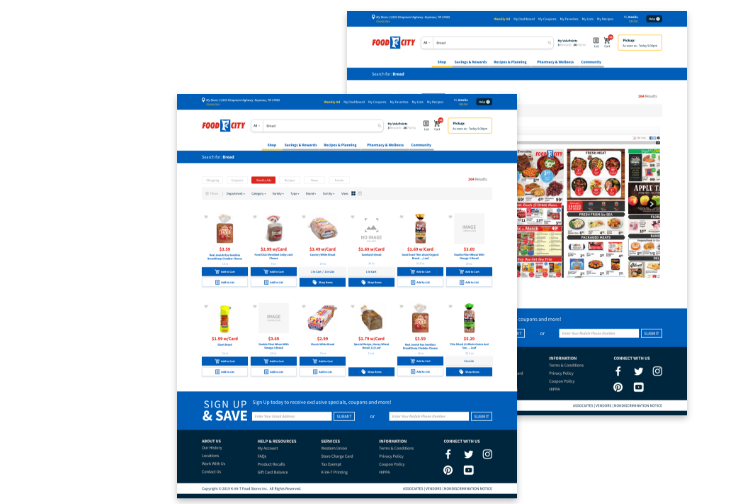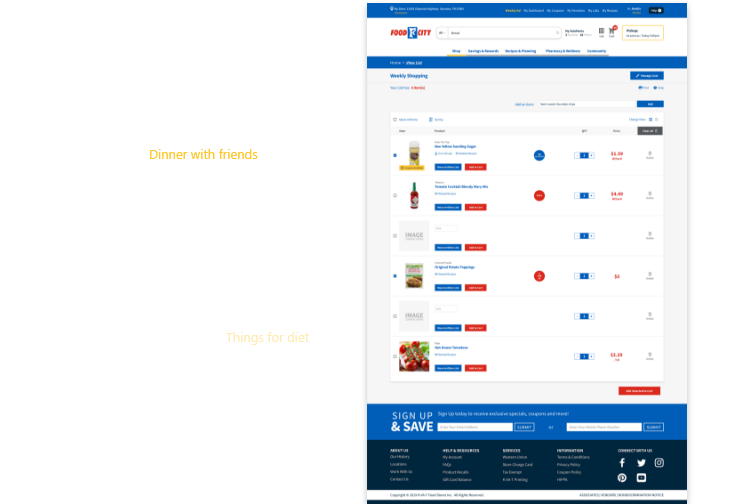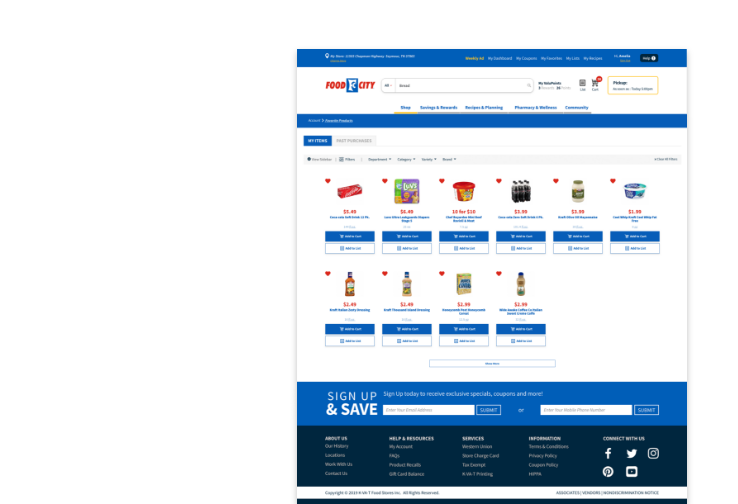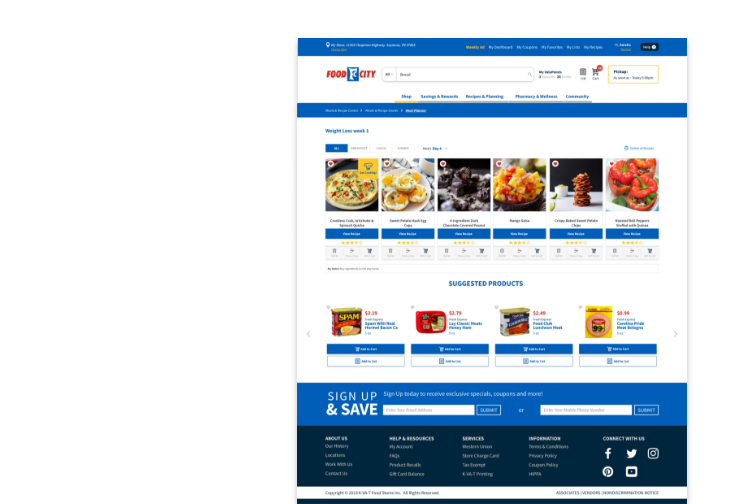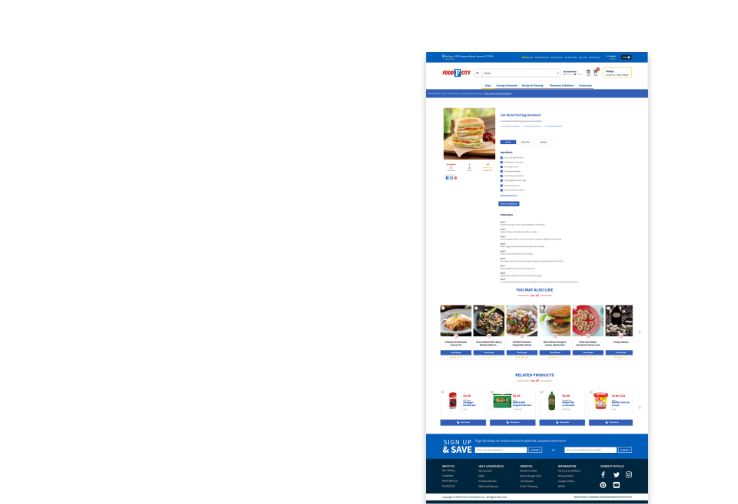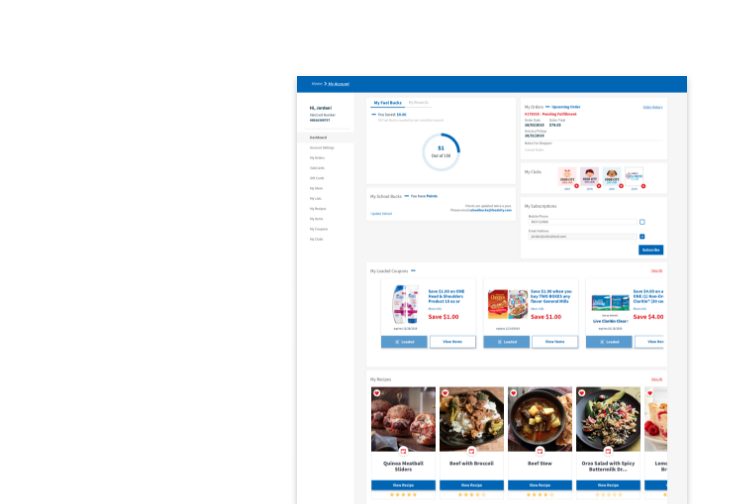
Wellness Club — American Diabetes Month
Abingdon, VA. -
Sunday, Nov 1, 2020.
Written by: Elizabeth Hall, MS, RDN, LDN, Food City Registered Dietitian
In 2018, 34.2 million Americans had diabetes. That’s 10.5% of the U.S. population! Diabetes is also the seventh leading cause of death among Americans. Thankfully, studies show that there are modifiable risk factors to slow the progression or even prevent diabetes. November is American Diabetes Month. So this month, learn more about diabetes and how you can make sure to reduce your risk.
What is Diabetes?
Diabetes is a disease in which the body cannot obtain energy from glucose, or sugar, consumed through food. Individuals with diabetes have unstable glucose levels in their blood because insulin, a hormone that helps your cells to store and process energy from glucose, is unable to do its job properly. In diabetes, either there is too little insulin being produced by the body or the body cannot use the insulin being produced. The result is the same: glucose builds up in the blood because it is unable to get into the cells to be used for energy. Glucose is the body’s primary energy source, so it is a problem when glucose can’t be burned and used as a preferred fuel for various body processes.
Management and Prevention
One goal for individuals with diabetes is to control blood glucose levels, sometimes with medication or insulin, but many times through diet and lifestyle changes such as weight management and physical activity. Eating a balanced diet that is consistent in carbohydrates at each meal and snack can help stabilize blood sugars. Carbohydrate, found in starchy vegetables like corn and potatoes, as well as breads, cereals, beans, milk, and fruit, is broken down by the body into glucose, so it is the nutrient that affects blood sugar. High fiber carbohydrates, however, tend to raise blood sugar at a slower rate, so choosing higher fiber options and consuming these foods with protein is also typically recommended.
Another important thing to remember is to avoid skipping meals. Many times we are tempted, throughout the holiday season especially, to “save” calories not eating a meal, but this can backfire causing you to overeat later and could cause a low blood sugar.

